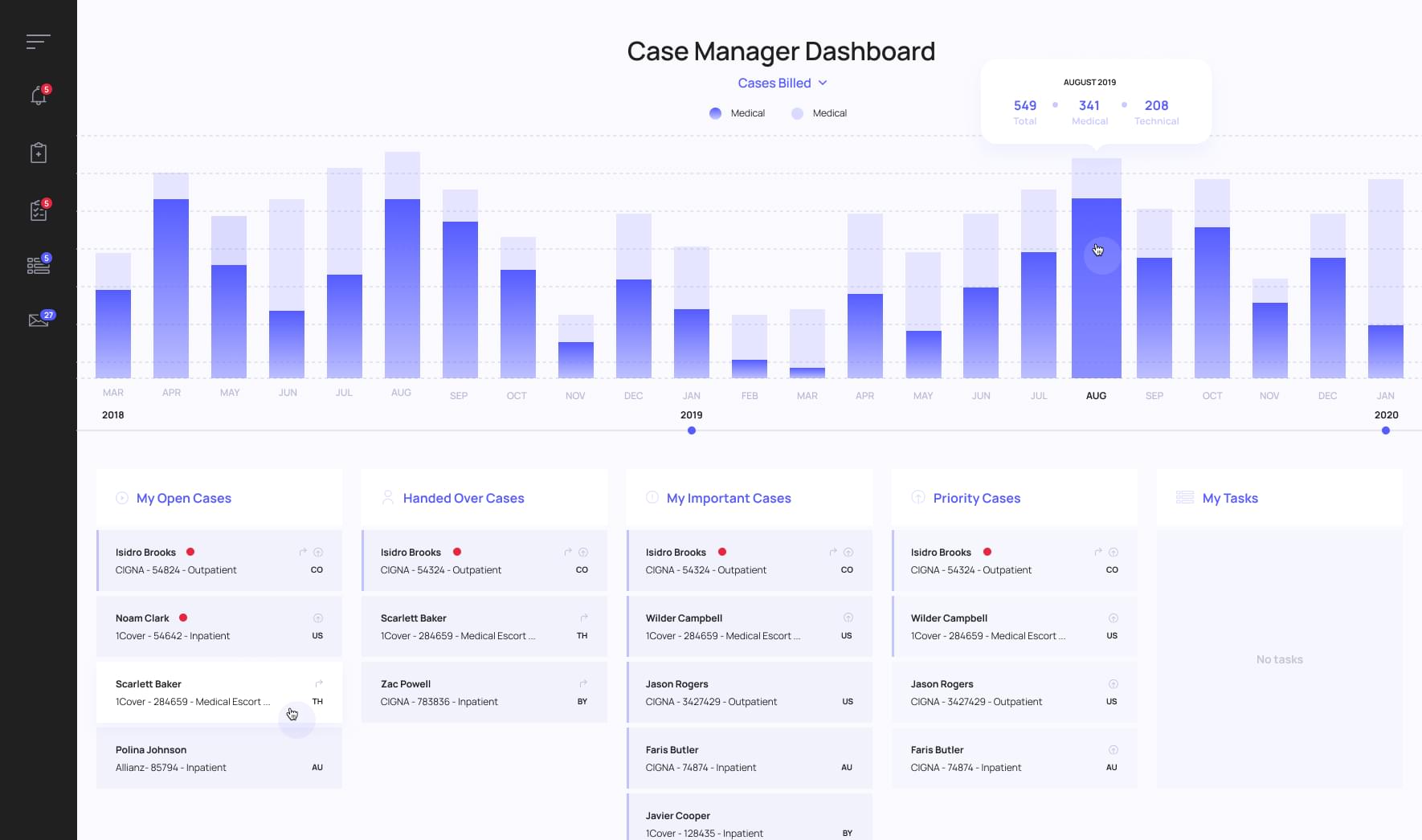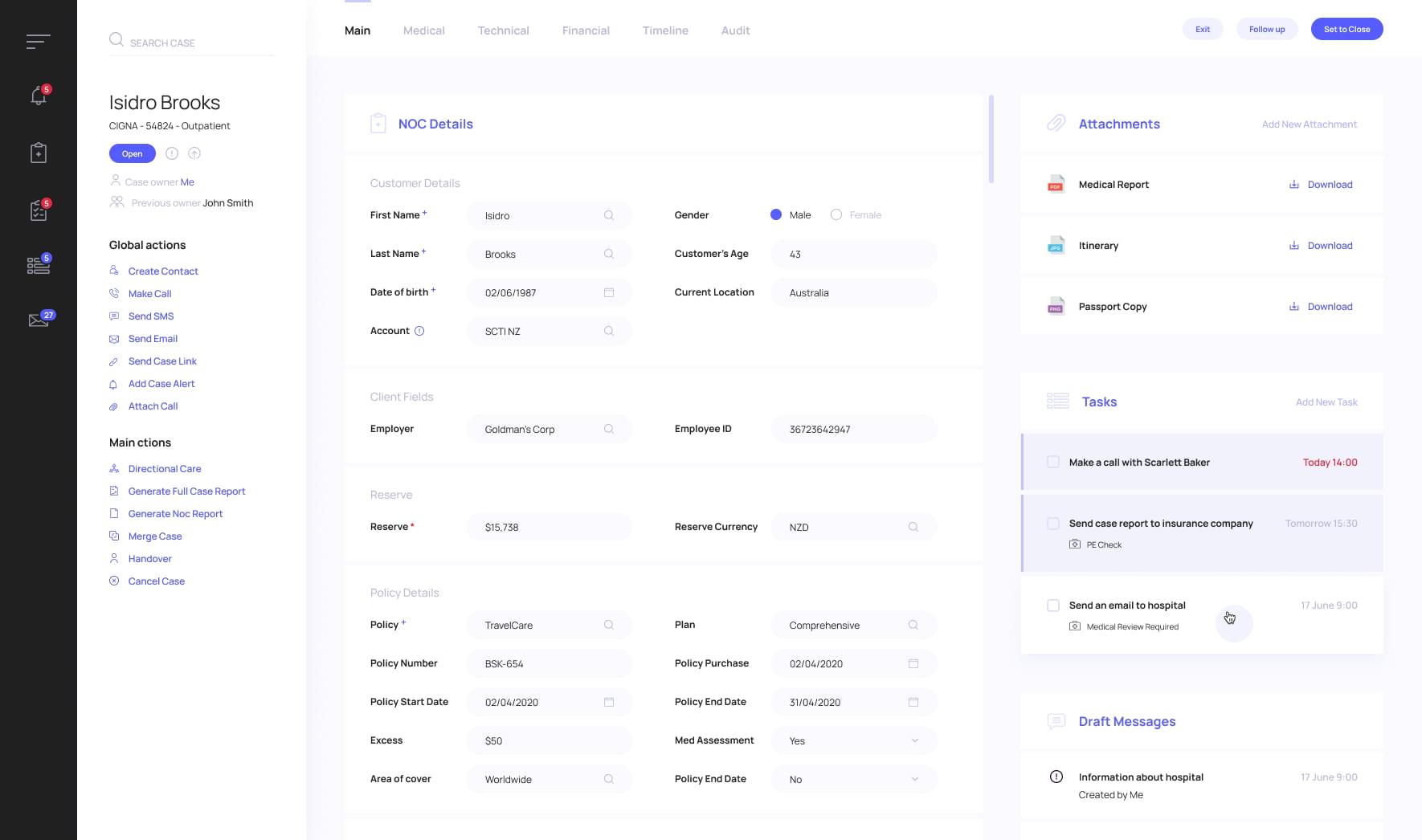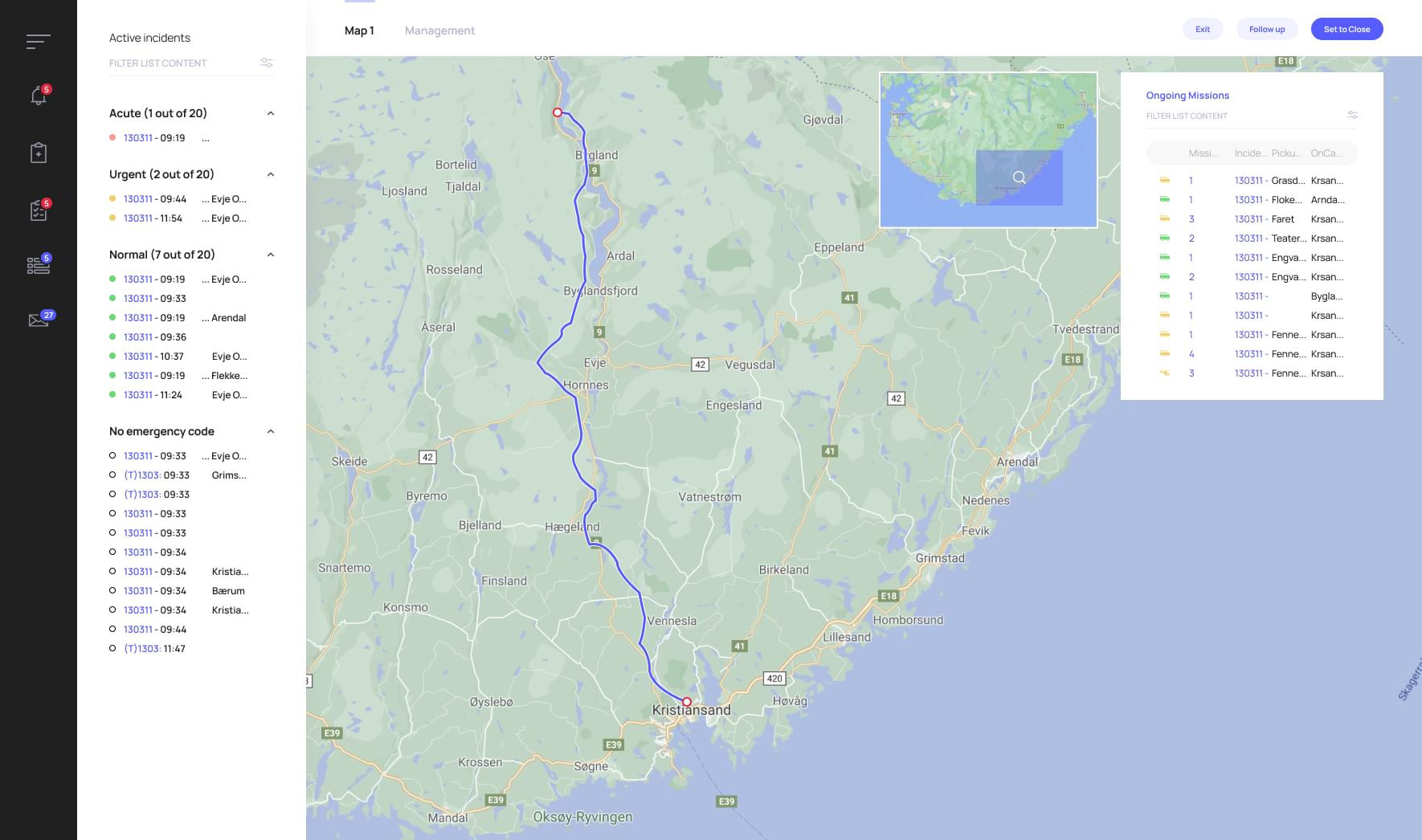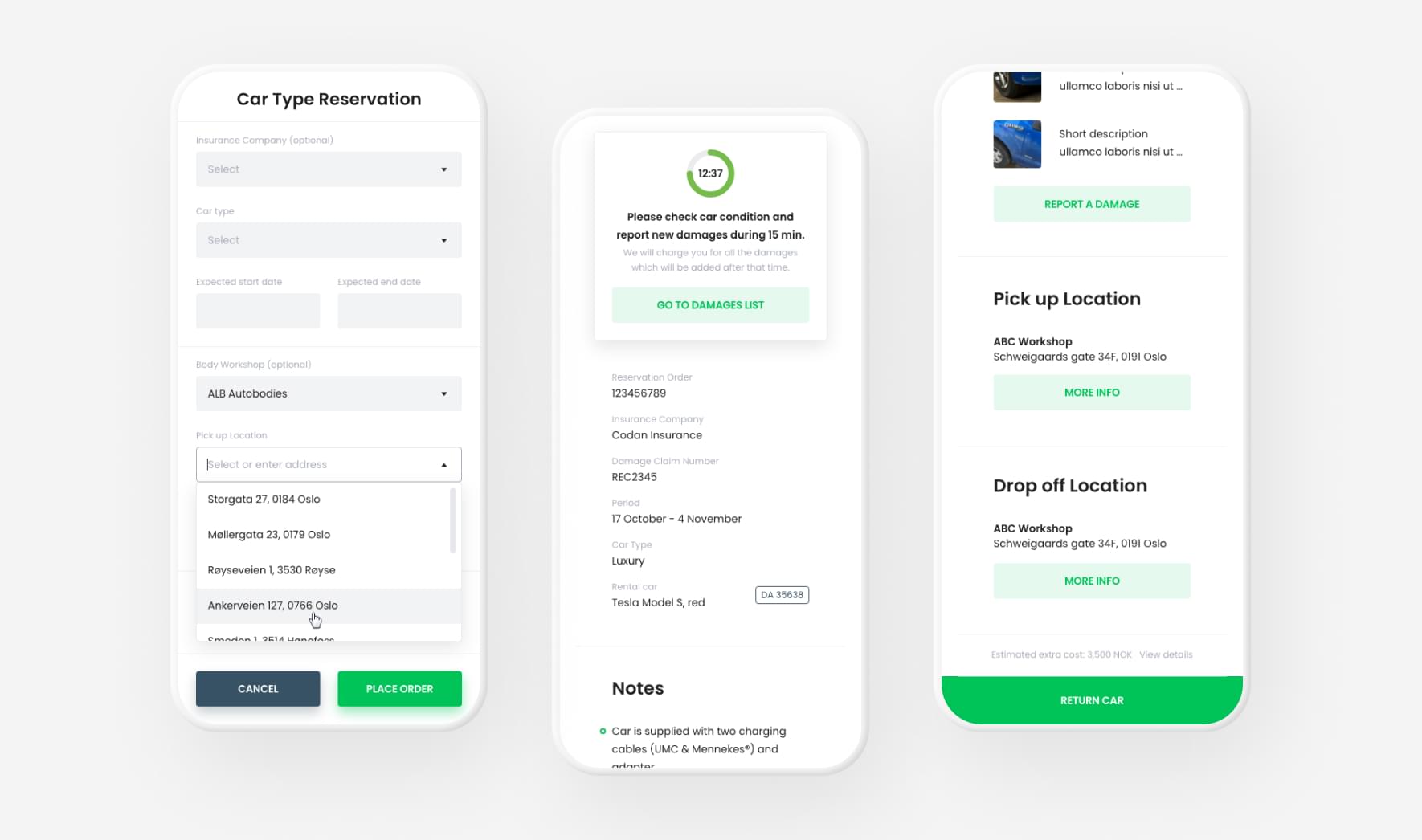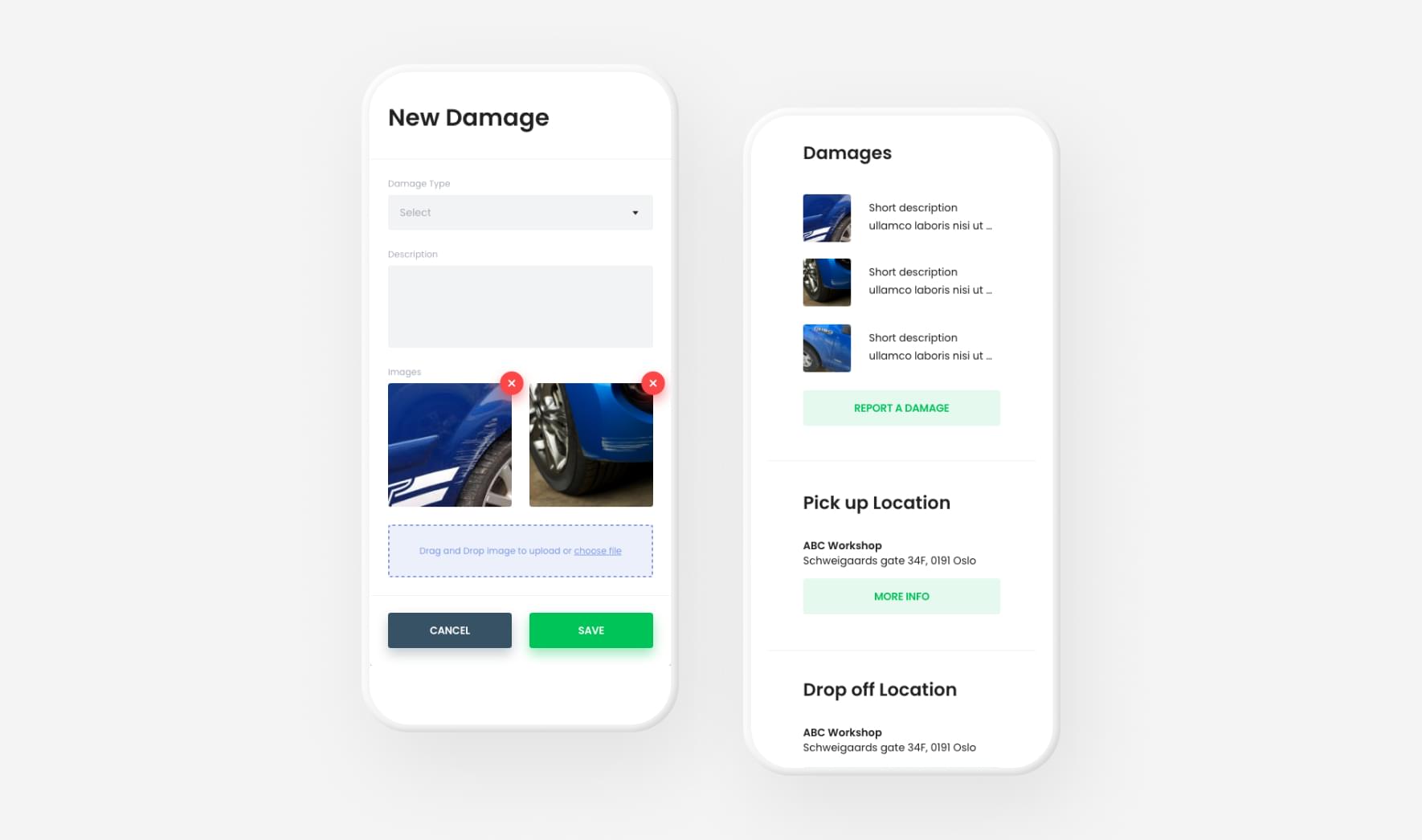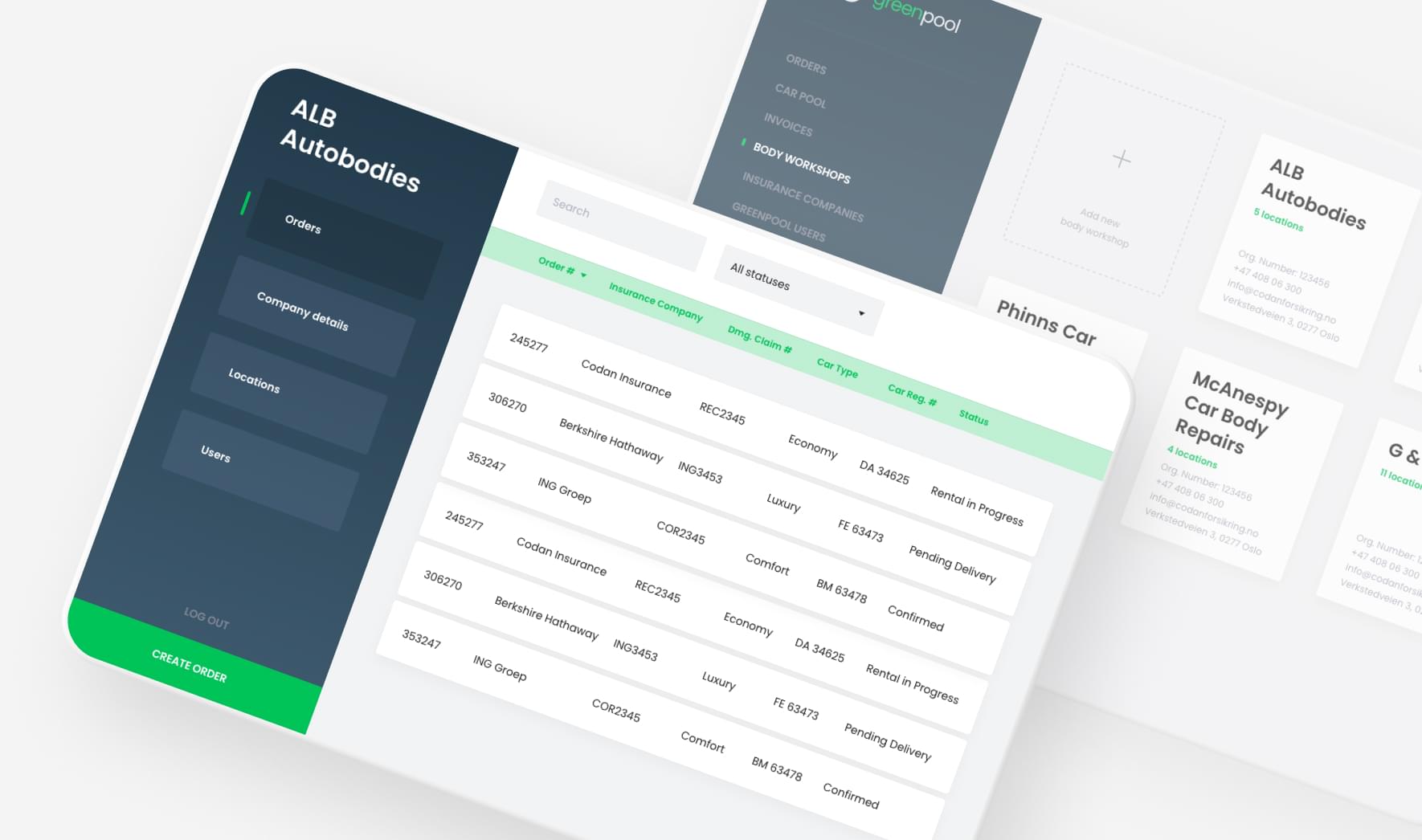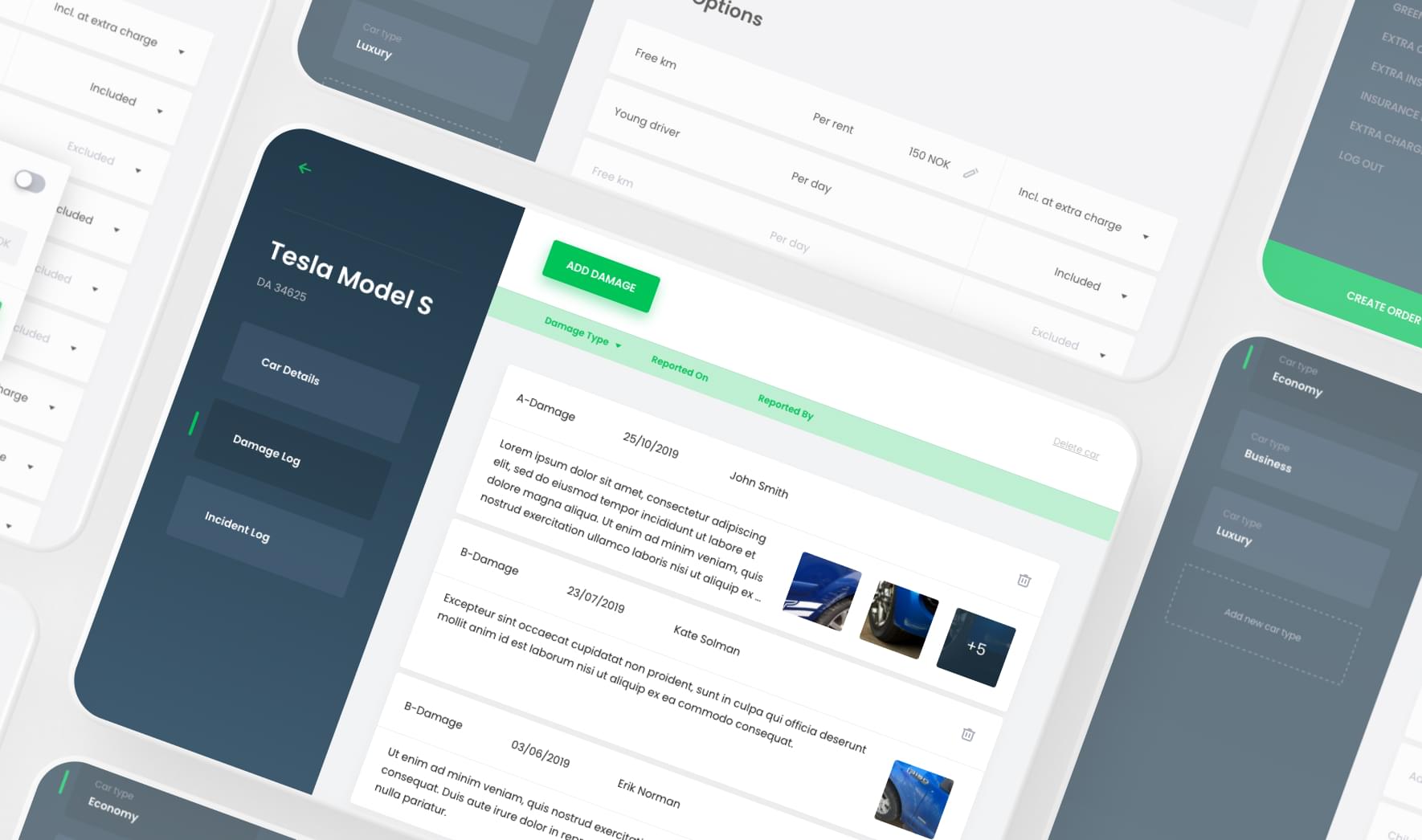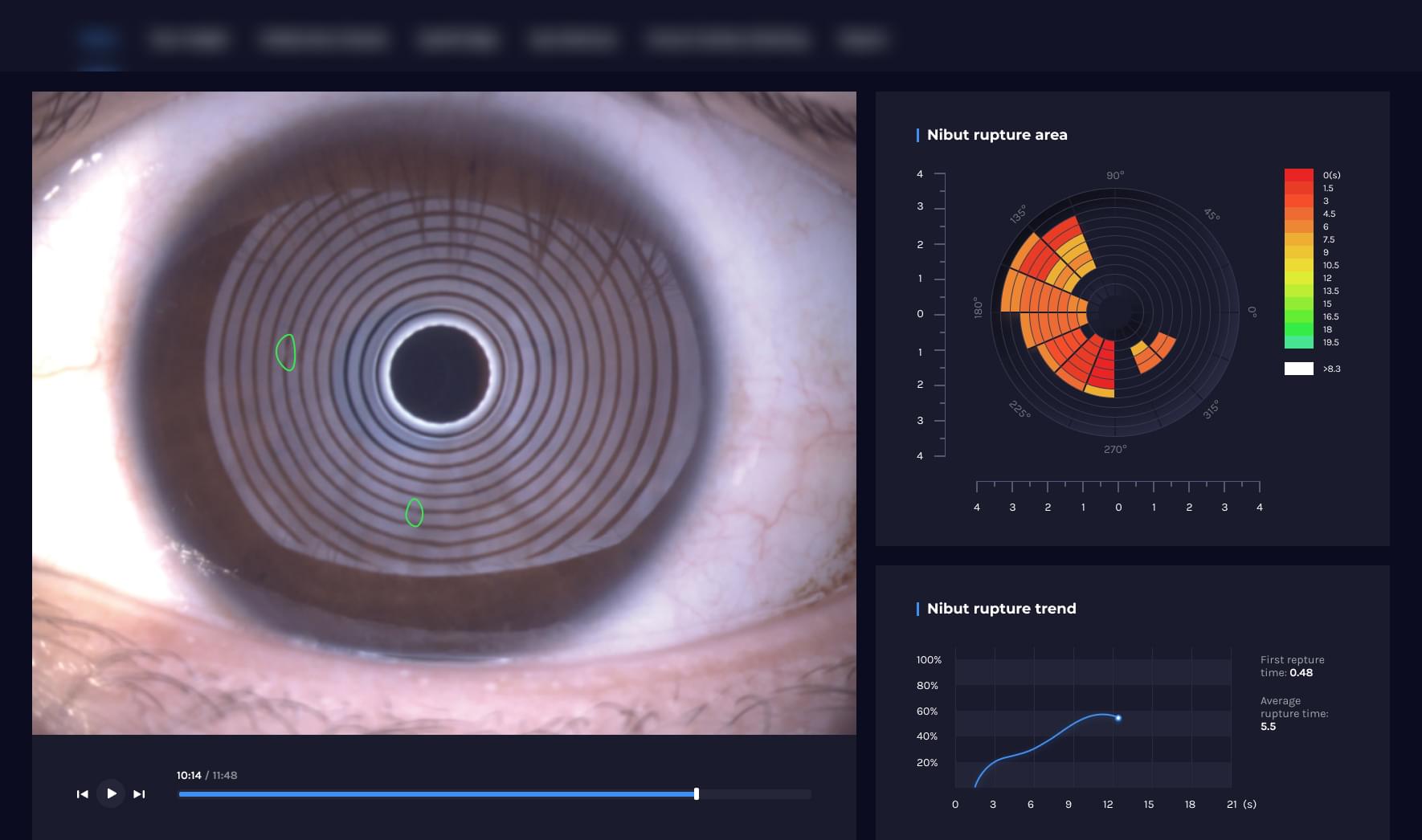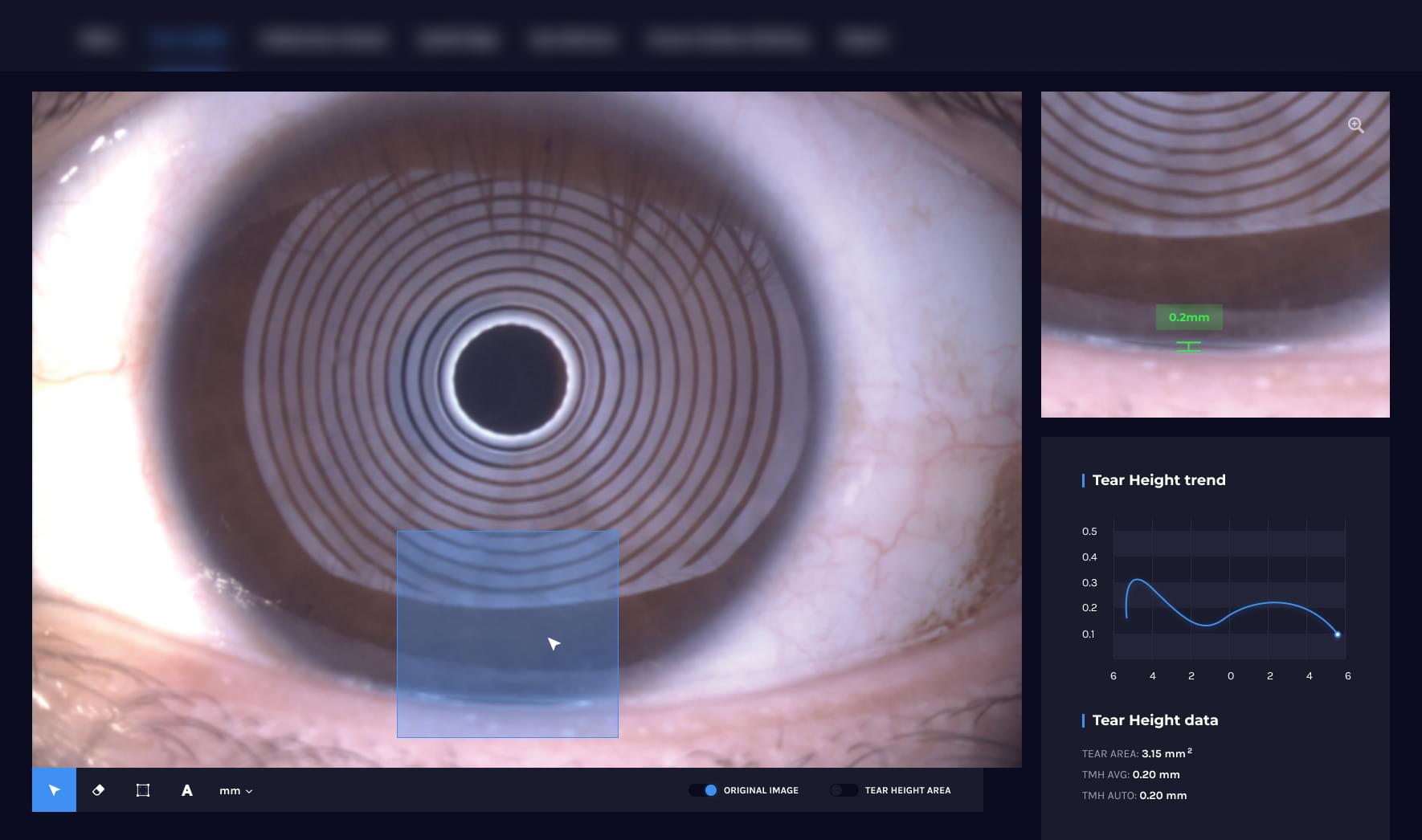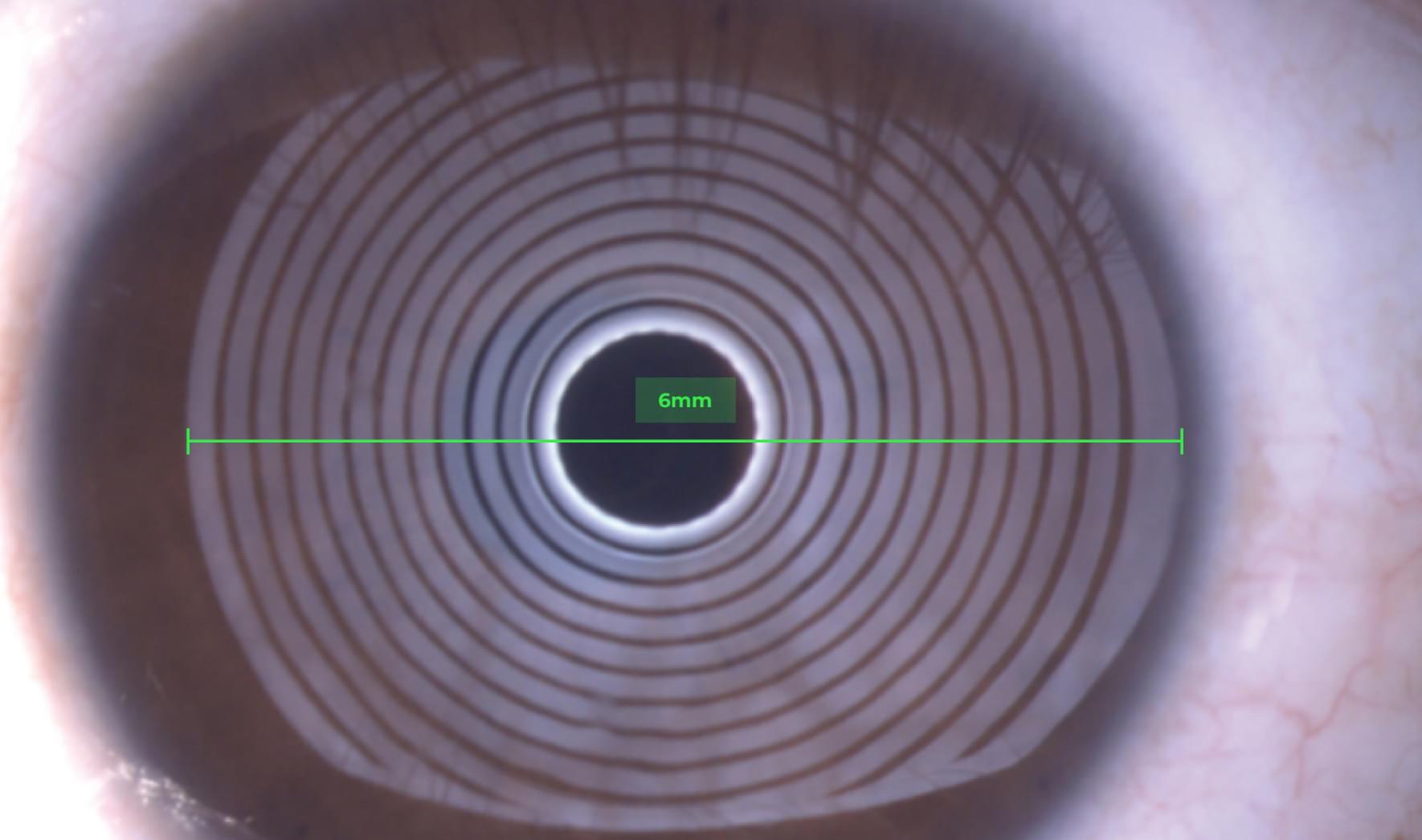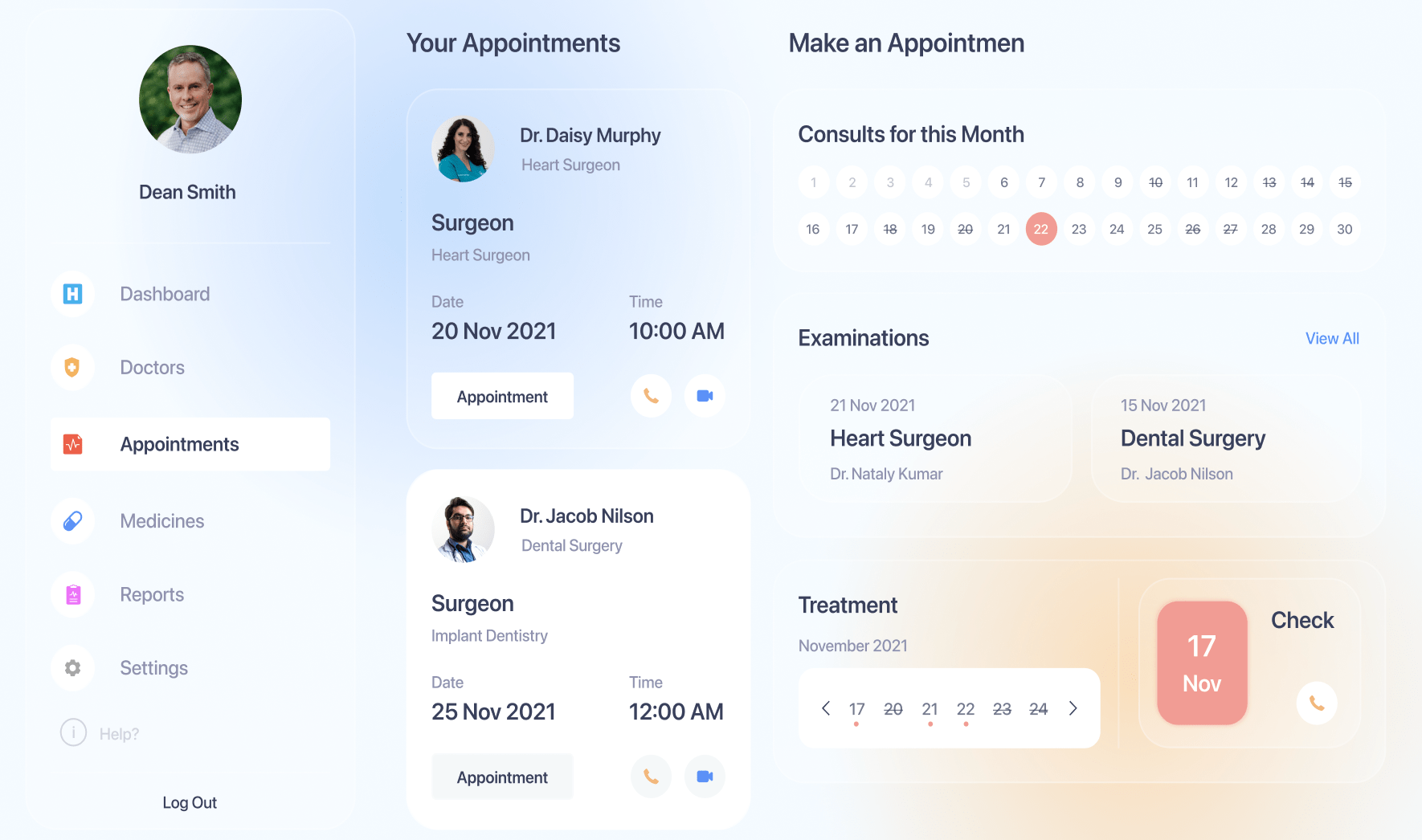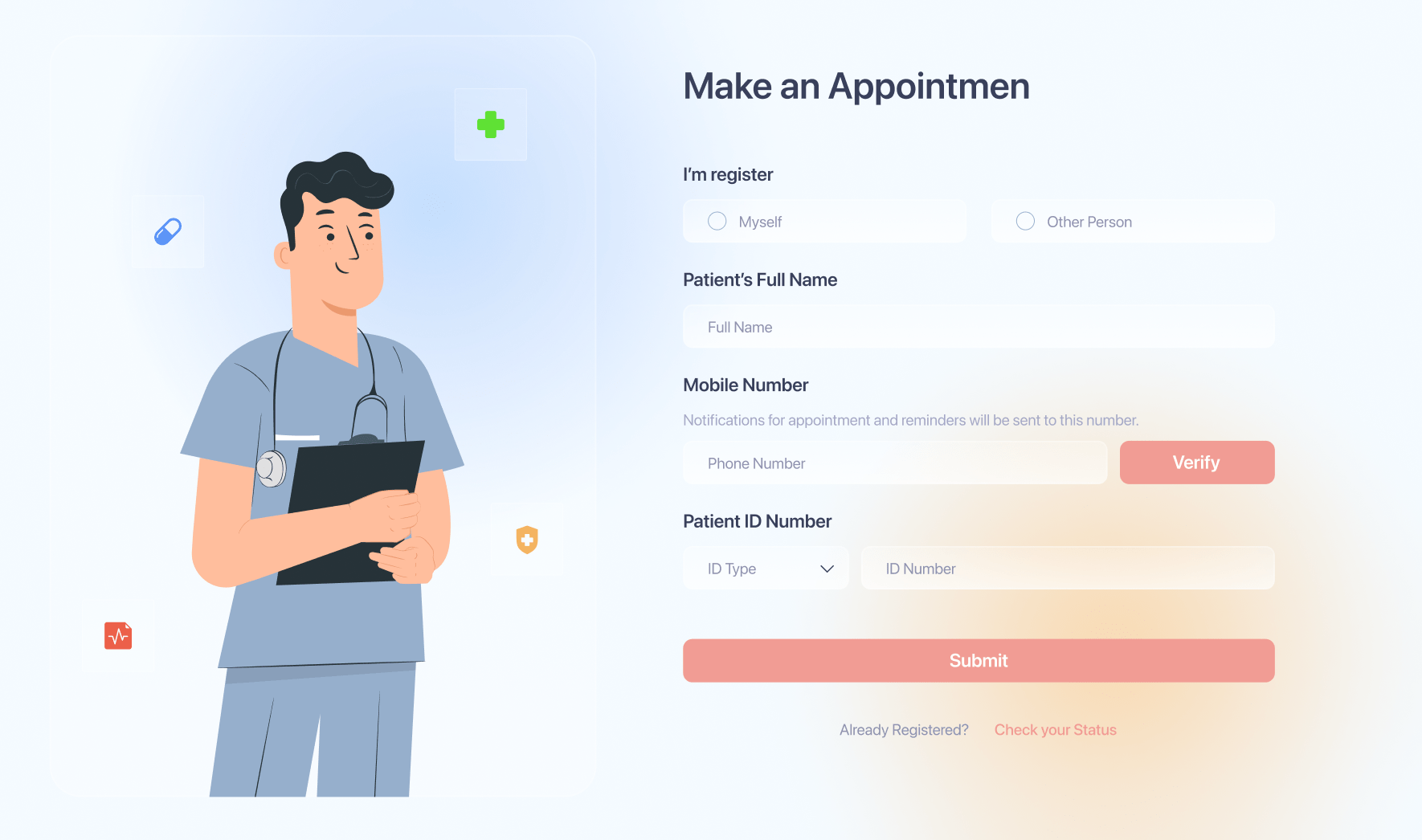close
- emailSend a requestphoneCall 1-650-419-3379phoneCall +1 (650) 419-3379phoneCall +44 2035140925 phoneToll-free 855-258-67-67
- Services
- Expertise
- Portfolio
- Testimonials
- About Us
- Contact Us

Hire Top C# Developers Here
Services
Platform migration
For example, if your system is already running on Microsoft Azure, you can migrate to Amazon Web Services or vice versa.
Technology migration
In this case, you can migrate from ASP or ASP.NET to ASP.NET Core, etc.
Legacy software migration
You can migrate to an up-to-date version of a framework, e.g. from classic ASP to ASP.NET.
Remote dedicated team as a service
Technology expertise


Benefits of having Altoros’s remote team
.net product, .net consulting, .net development services, .net engineers, .net company, .net developers, .net consulting, full .net product
Related cases
The team at Altoros has successfully implemented 1400+ projects, some of which can be accessed through this page. We do also share more details on a particular project and other stories of success on demand. Please do not hesitate to reach out to us with a request!
Enabling Real-Time Emergency Support for Car Owners
The customer
A global provider of emergency assistance services turned to Altoros to implement a 24/7 support system for car owners. Founded in 1992 in New Zealand, the organization also operates in Australia and the United Kingdom.
The need
When the company turned to Altoros, it had a legacy system—for handling emergency requests—built on top of the outdated technology stack. The product was hard to maintain, it was impossible to extend the functionality, and lacked web interface. As a result, employees were not able to process emergency requests timely.
Cooperating with Altoros, the company wanted to create a cloud-native solution that would ensure 24/7 request processing in real time and let work from any place.
The challenges
Under the project, the team at Altoros had to address the following issues: To process emergency requests immediately, it was important to enable GPS tracking and visualize incidents on a map in real time. A vehicle location needed to be identified even if a user’s mobile phone is in the sleeping mode.
-
116,000
emergencies addressed
-
50
new partners
-
150
requests per day
The outcome
Partnering with Altoros, the customer has already addressed almost 116,000 road incidents providing assistance to 150+ car owners per day in real time. As the delivered solution gained popularity among end users, the company partnered with 50 new insurance providers to further improve customer service. By digitizing workflows, the organization ensured 24/7 emergency support.
Technology stack
Platform Azure Web Services
Programming languages C#, TypeScript, JavaScript
Frameworks and tools ASP.NET Core, Xamarin, Entity Framework Core, Serilog, AppInsights, Okta SSO, Stripe, PubNub, Twilio, Google Maps
Databases Azure MS SQL
Automating Document Workflows for a Car Rental Provider
The customer
Based in Norway, the customer is a provider of car rental services. Focused on environmental sustainability, the organization rents electric cars of new generation only (mostly Tesla). Founded in 2010, the customer partners with insurance companies and body shops across the country.
The need
When the customer turned to Altoros, the document workflows (placing orders, logging incidents, issuing invoices, generating reports, etc.) were carried out in Microsoft Excel manually. Cooperating with Altoros, the company wanted to automate document management across all the parties involved—a car rental company, insurance firms, and around 100 body shops. As the customer aspired to establish new partnerships, a minimum viable product had to be delivered within tight deadlines.
The challenges
Under the project, the team at Altoros had to address the following issues:
- As the system was to process large amounts of data, it was important to ensure scalability.
- Since the solution was to store sensitive financial and insurance data, sufficient security had to be provided.
-
100
body shops
-
15
electric cars
-
2
development months
The outcome
Collaborating with Altoros, the customer developed a system that automates document workflows across the car rental, insurance firms, and 100 body shops in a secure manner. A microservices-based architecture ensures scalability, as well as promotes ease of maintenance and functionality extensibility. Thanks to the minimum viable product being delivered in just two months, the company was able to pitch its services and establish a new partnership with one of the major insurance providers in Norway.
Technology stack
Platform Microsoft Azure Cloud
Programming languages C#, TypeScript
Frameworks and tools .NET.Core, Microsoft Azure Functions, Azure Active Directory B2C, Angular
Databases Azure Cosmos DB, Azure Blob Storage
A System to Deliver Eye Diagnostics Results in Minutes Instead of Weeks
The customer
A provider of medical software solutions turned to Altoros to develop a cloud-based system for collaboration between opticians in stores and ophthalmologists in clinics.
Based in Norway, the customer is a software provider for the healthcare industry. Founded in 2016, the company aims to increase the accessibility of ophthalmology services. For its research, the startup was acclaimed by Innovasjon Norge—a governmental agency for innovation and development.
The need
As of 2015, the number of ophthalmologists in Norway was rather low—81 per million of population. (To compare, Greece has 182.6 and Latvia—127.9). As a result, patients could wait from weeks to a year for an appointment. This impaired the ability to conduct regular eye checks and endangered patients at risk (people with diabetes, older people, etc.) who could not receive timely care. It might also require a trip to another town due to the lack of a local expert.
To fast-track eye diagnostics, the customer recognized the opportunity to transfer the process from clinics to optical stores that had necessary equipment. Relying on Altoros, the company wanted to build a cloud-based platform that would enable sharing of pathology findings between opticians in stores and ophthalmologists in clinics contributing to remote diagnostics.
The challenges
- As the platform would store personal information and health records, it was crucial to ensure the security of sensitive data.
- Eye diagnostics was to be carried out on specialized equipment installed at optical stores.
- Opticians had to upload the photos taken to the system, so that ophthalmologists can analyze them remotely. Maintaining high resolution of the photos and preventing any quality loss was key to facilitating the analysis and safeguarding its precision.
-
15 min
diagnostics procedure
-
40%
onboarded opticians
-
$93.6M
potential cost savings
The outcome
Partnering with Altoros, the customer built a cloud-native platform that enables efficient remote collaboration between opticians in stores and ophthalmologists in clinics, reducing the time spent on diagnostics to just 15 minutes. Thanks to the system, people no longer have to wait for weeks to get an appointment as they can now test their eyesight at a local optical store.
With the delivered system, the company was able to sign up two largest Norwegian chains of optics, onboarding 40% of opticians in the country who facilitate counseling. The startup estimated that the platform had the potential to reduce social expenses—associated with healthcare costs and time-consuming processes—by $51.5–$93.6 million annually.
Technology stack
Platform Microsoft Azure
Programming language C#
Frameworks and tools Angular, ASP.NET MVC, ASP.NET Web Forms, Azure Service Fabric, Azure Active Directory, Bootstrap
Databases Amazon DocumentDB
Hitachi Improves Performance of Its E-learning Platform
The customer
Hitachi Data Systems provides storage systems, software, cloud solutions and related IT services (including consulting, transition, management, and support). The company was founded in 1989 and has grown into a large organization with 5,900 employees in more than 100 regions. One of the areas targeted by Hitachi is online education and certification for their customers.
The need
Hitachi complained about appearance of more than 100 unused VMs during a day. It took an administrator half a day to stop these instances manually. In addition, inappropriate structure of the database affected performance. Report building was complex and time consuming. A user received the data from the database in a .CSV file and needed to convert in to an Excel file. Several data requests were processed for more than 2 minutes. The customer also wanted to add new features, automate report building and job scheduling, as well as optimize the performance of the administration module (e.g., due to complexity of vCloud Director, it took 1.5 minutes only to load the list of all laboratory works.) In the end, Hitachi plans to create a white label framework for providing online courses that can be customized for the needs of a specific company. So, the company turned to Altoros for assistance.
The challenges
Under the project, the team at Altoros had to address the following challenges:
- Create a solution for proper monitoring and managing VMs.
- Optimize communication with vCloud Director API
- Streamline SQL queries to accelerate DB requests.
- The database structure was inappropriate and required additional relations between tables.
The outcome
Partnership with Altoros allowed Hitachi Data Systems to update their system, improve its performance, and make it more stable. The delivered improvements enabled Hitachi to save ~4 hours per day for an administrator. The process of building reports was automated, which allowed for creating charts directly at the page for a fraction of a second.
After successful implementation of the pilot project, Hitachi was encouraged by the improvements and decided to move to the next phase: creating a new version of the platform with proper architecture and streamlined database structure. The improved version of the portal is already in production.
The company also aims at developing a BI module for monitoring laboratory works and health of VMs. It is also planned to support the Tin Can API to include the portal in the unified learning system.
A white label educational product, which can be easily customized to any organization, will soon provide Hitachi with an additional revenue channel.
Technology stack
Platform Microsoft Windows, vCloud Suite
Client Platform / App Server IIS
Programming language C#
Technologies ASP.NET MVC, ASP.NET Web API, JSON, AngularJS, Remote Spark, Pentaho, SAML, vCloud Director, Entity Framework, Hangfire
Databases MS SQL Server
Facilitating Time to Market of Video Game Production by 80%
The customer
Based in Australia, the customer develops sports video games. Since its foundation in 2001, the provider has sold around 359,000 game copies. In 2021, the customer was acquired by a leading European gaming company for €35 million.
The need
The provider had a best-selling video game with around 100,000 unique players. To continue the success of its smash hit, the company wanted to build a sequel using NoesisGUI. This Windows Presentation Foundation–like (WPF) framework offers cross-platform capabilities to speed up development, advanced navigation options, improved performance, etc. However, the expertise around WPF coupled with C# and C++ is quite rare in Australia, and recruiting might take up to 6–12 months.
Relying on Altoros, the company wanted to employ the necessary talent in .NET development to accelerate onboarding and reduce associated costs. Aiming to streamline the production of new games, code reusability was a top priority.
The challenges
Under the project, the team at Altoros had to address the following issues:
- NoesisGUI imposed certain limitations affecting user experience in the sports simulation. The framework version available at the time did not support custom shaders used to deliver a realistic computer image. Furthermore, it was impossible to customize logos created by players for their teams.
- The customer's in-house designers utilized Microsoft Expression Blend to build user interface elements (e.g., buttons). The tool generates the XAML markup language, which is then compiled by developers to deliver an executable program. With no expertise in XAML, designers could not notice any inconsistencies that might lead to unexpected errors in production (e.g., object displacement) after compilation.
- NoesisGUI uses C++, while Microsoft Blend works on C#. For the convenience of the customer’s in-house specialists responsible for the game’s animation and graphics, it was important to port C++ code to C# without any bugs.
-
€87K
saved per project
-
2x
faster delivery
-
80%
less time on development
The outcome
Partnering with Altoros, the customer released a sequel to its best-selling video game in just 3 months instead of 6. Thanks to the Agile methodology, the company also delivered 1.5x more features than planned. With reusable system components, the organization saved up to €87,000 on game development and shortened time to market by 80%, while launching the product on Xbox One, PlayStation 4, Microsoft Windows, and other platforms.
Technology stack
Programming languages - С++, C#
Frameworks and tools - NoesisGUI, Windows Presentation Foundation, Microsoft Visual Studio, Microsoft Expression Blend, NanoSVG, XAML
Enabling Centralized Analysis of Athletic Performance in a Cloud
The customer
The company is a Norwegian provider of hardware / software solutions for professional sportsmen. The customer offers a suite of smart devices that measure performance in real time accompanied by a software system that analyzes and visualizes the results.
The need
In its portfolio, a provider has 13 types of devices—from force plates to speed sensors—used by individual athletes or sports teams. The sensors measure performance (running speed, lifted weight, force profiling, etc.) and send the results to a desktop system for visualization. Athletes may have trainings in multiple camps, but it is crucial to have a single view on performance results across all the locations. However, initially, the proprietary system was installed on premises, did not provide a centralized access to sportsmen profiles or historical data, preventing coaches and athletes from analyzing progress over time and developing improvement strategies.
Recognizing the need for transformation, the company turned to Altoros to enable its IoT-driven system work in the cloud, having a focus on high availability, scalability, and security.
The challenges
Under the project, the team at Altoros had to address the following issues:
- As the system would process personal information of athletes (from names to medical data), ensuring security and compliance with such regulations as GDPR was crucial.
- Only qualified coaches were allowed to conduct performance tests in the disciplines they were certified for and supervise the results via the system. It was important to implement access restrictions, so that unauthorized users could not alter critical data.
- Since each of the 13 smart devices types was built to evaluate different performance parameters (speed, velocity, etc.), the system would aggregate data in different measurement units (meters, seconds, kilos, etc.). This would cause certain difficulties when correlating and visualizing test results in a single diagram.
-
13
types of smart devices
-
6 months
on MVP delivery
-
GDPR
compliance ensured
The outcome
Together with Altoros, the customer built a cloud-native system that provides professional athletes and their coaches with centralized access to historical training data. Now, it is possible to have a single view over information gathered by 13 types of smart devices that may be located in different training camps, analyze athletes’ progress over time, and develop data-driven strategies to improve performance results.
With security measures in place, the company was able to prevent data tampering and lay the foundation for compliance with data protection regulations, such as GDPR.
Technology stack
Platform Microsoft Azure
Programming languages C#, TypeScript
Frameworks and tools .NET Core, Azure Active Directory, React.js, Telerik
Databases Microsoft Azure SQL Database
Enabling First-Aid Training Analytics for Simulation Manikins
The customer
Based in Norway, the customer is a global provider of medical simulation products and training programs for emergency assistance. One of the flagship offerings are CPR training manikins to improve first-aid treatment skills for a cardiac arrest. With the first manikin produced by the company in 1960, estimated 2.5 million lives have been saved to date.
The need
Using the customer’s manikins, multiple healthcare institutions worldwide were able to train 500 million medical workers. Under a cardiac arrest simulation, the manikins used hardware configured to respond to performance metrics of the high-quality CPR procedure. However, there was no feedback for the wrong actions taken or how they should be improved.
Partnering with Altoros, the company wanted to develop a mobile app for Android and iOS that would connect to a manikin, record a training session, compile a video with mistakes made, and provide the trainees with tips to improve their skills. An MVP had to be delivered in time for an international conference where the customer was to present the solution.
The challenges
- Apart from compiling a video of mistakes made during the session, the app had to automatically match a relevant tip with the particular mistake.
- The customer wanted to develop a single cross - platform mobile app to shorten delivery time and cut expenses.However, such technologies have numerous platform limitations, for instance, they do not allow for adding a video overlay out of the box.
- The manikins utilized a proprietary library to establish outbound connections.However, it was still in active development, which called for addressing multiple issues on the go.
-
4M
manikins
-
500M
people trained
-
100+
CPR parameters
The outcome
Partnering with Altoros, the customer developed a cross-platform mobile app that serves the needs of CPR training. The MVP was delivered in time for an international medical conference, where the company intended to present the system to a global audience. Now, the app already works with 4 million simulation manikins used worldwide. Thanks to analytics and tips provided by the app, hundreds of millions medical workers, volunteers, rescuers, etc., can improve their resuscitation skills to save more lives in future.
Together with Altoros, the manufacturer is working on further extending functionality—e.g., add electrical shock control after using defibrillators, support for different CPR guidelines, etc.
Technology stack
Programming languages C#
Frameworks and tools Xamarin.Forms, Xamarin.iOS, Xamarin.Android, Xamarin Media Manager
Enabling Online Consultations via a Chatbot During the COVID-19 Pandemic
The customer
The company is a U.S. provider of automation solutions for dental clinics and private practices. The customer has a flagship product—a patient management system. Founded in 2012, the company serves around 6,000 private orthodontists across the USA and Canada.
The need
The COVID-19 pandemic has affected the USA the most with more than 35 million infected. So, efficient operation of healthcare institutions and patient management were key to preventing the spread of the disease. The customer’s flagship product was used by 150 clinics and hundreds of private dentists who faced issues when uploading data (appointment details, intended procedures, etc.) to the system. This could take from 1.5 to 12 hours resulting in doctors’ inability to work.
Many of these dentists were also using an open-source software for managing a database of patients. However, appointment scheduling was still a manual process distracting doctors from vital routines. Relying on Altoros, the customer wanted to deliver a chatbot for online consultations, automating appointment scheduling, and enable online payments for patients.
The challenges
Under the project, the team at Altoros had to address the following issues:
- The customer wanted to integrate a particular online payment system. However, the system’s API was not mature enough for production due to some security issues.
- Each dentist was utilizing a different version of the open-source software that complied with his/her PC or laptop. This also meant different versions of the databases in use. In this regard, it was important to achieve unification across all the supported databases and prevent any data loss.
-
150
clinics use a chatbot
-
5,000
chatbot users
-
1 min
uploading speed
The outcome
Partnering with Altoros, the customer developed a chatbot that enabled 150 dental clinics and hundreds of private orthodontists to provide virtual consultations during the COVID-19 pandemic. Thanks to this chatbot, 5,000 patients have already received remote treatment. The company also achieved high availability of its flagship product, minimizing the risks of performance issues in future and speeding up data upload from 1.5–12 hours to less than a minute. This allowed dentists to focus on their working routines and helping people.
With the delivered web application, the organization automated appointment scheduling and enabled secure online payments for medical procedures.
Technology stack
Platform Internet Information Services (IIS)
Programming languages C#, TypeScript
Frameworks and tools Azure App Service, .NET Core 3.1, Angular, EF Core, Hangfire, SendGrid
Databases MySQL
Our clients speak
Our aim is to reach customer satisfaction. Explore some of our clients’ testimonials to learn the results of our productive collaboration.

About Altoros
Partners
-
Headquarters4900 Hopyard Rd., Suite 100Pleasanton, CA 94588
-
Altoros Finland OYKyllikinportti 2,00240 Helsinki, Finland
-
Altoros Norge ASTordenskiolds gate 2, 0160 Oslo, Norway
-
Development Center, PolandMłynarska st. 42 /115,01-171 Warsaw
-
Development center, ArgentinaBuenos AiresAv. Federico Lacroze 2827,C1426CPP CABA, ArgentinaSanta Fe25 de Mayo 2884, S3000FUASanta Fe, Argentina

Copied
Copy to clipboard

